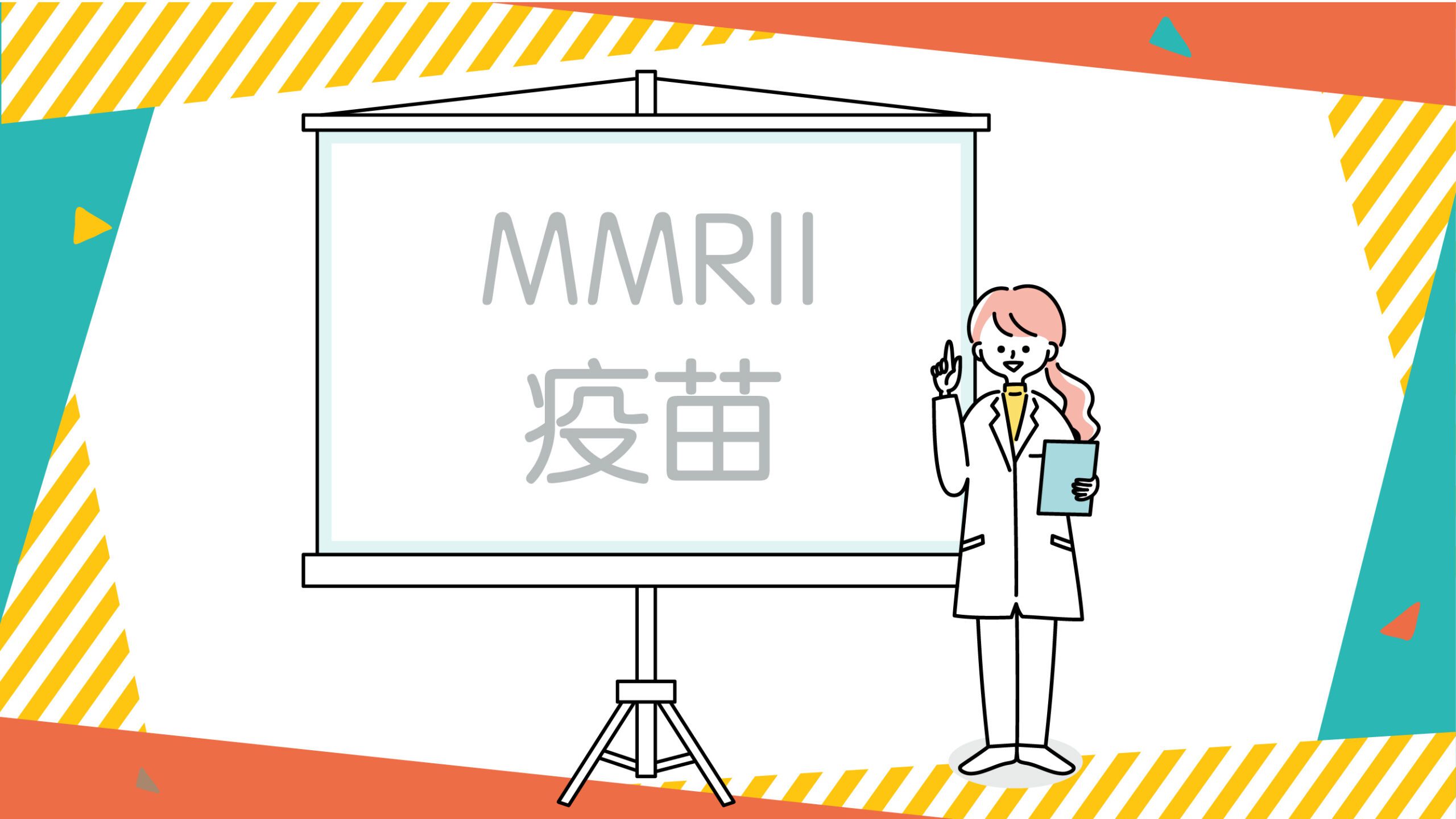Why get vaccinated against influenza?
Influenza (Flu) Influenza is a common viral illness. In Hong Kong, seasonal influenza is more prevalent in January to March and July to August. It usually presents with fever, sore throat, cough, muscle aches, fatigue, headache, and runny or stuffy nose. These symptoms usually resolve after 2 to 7 days. However, when influenza occurs in certain at risk population such as the elderly or individuals with weakened immunity, it can cause serious complications including bronchitis, pneumonia or even death in the most serious cases.
Influenza vaccination is one of the effective means to prevent seasonal influenza and its complications, as well as reduce influenza related hospitalization and death.
Why should pregnant women receive influenza vaccination?
Vaccinating pregnant women with Influenza Vaccine has been shown to reduce respiratory infections in both the mother and the baby. The World Health Organization considers Inactivated Influenza Vaccine to be safe in pregnancy and there is no evidence that Inactivated Influenza Vaccine can cause abnormality in fetus even if given during the first trimester. However, pregnant women should NOT receive Live-attenuated Influenza Vaccine because it contains live viruses. The Scientific Committee on Vaccine Preventable Diseases (SCVPD) of the Centre for Health Protection, Department of Health of Hong Kong, recommends vaccination using Inactivated InfluenzaVaccine for all pregnant women.
Is it necessary to get vaccinated against influenza every year?
Yes. The circulating seasonal influenza strains may change from time to time. In accordance with the current circulating strains, the Influenza Vaccine composition is updated every year to enhance protection. The immunity built up in a vaccinated person in the prior season will decrease over time and may become too low to provide protection in the next season. Hence it is necessary to receive an Influenza Vaccine every year.
Does the seasonal Influenza Vaccine work right away?
No. It takes about 2 weeks after vaccination for antibodies to develop in the body and provide protection against influenza virus infection.
How much protection does the seasonal influenza vaccine provide?
When the vaccine strains closely match the circulating influenza viruses, efficacy of inactivated Influenza Vaccine in individuals younger than 65 years of age typically ranges from 70% to 90%.
Is there anyone whom the Influenza Vaccine is not right for?
If you have any of the following conditions, you should not take the Influenza Vaccine:
-
Allergic to a previous dose of any Influenza Vaccine;
-
Allergic to any components of this vaccine including eggs;
-
Has bleeding disorders or on anticoagulants;
-
Has ever had Guillain-Barré Syndrome (see below);
-
Are running a temperature or feeling unwell, and in this case, you should defer the vaccination.
What are the risks of Influenza Vaccine?
Common reactions after Influenza Vaccine injection (1/10–1/100):
-
Fever;
-
Redness, swelling and pain at the injection site;
-
Muscle aches;
-
Headache.
Very rare reactions after Influenza Vaccine injection (<1/10,000):
-
Anaphylaxis (severe allergic reactions) including hives, swelling of lips or tongue, difficulties in breathing (9 per 10 million doses);
-
Guillain-Barré Syndrome (1 to 2 cases per million vaccinees). However, Influenza vaccination may not necessarily have causal relations with Guillain-Barré Syndrome. Furthermore, studies have shown that the risk of Guillain-Barré Syndrome after influenza infection (17.20 per million infected persons) is much higher than after influenza vaccination (1.03 per million vaccine recipients).
What is Guillain-Barré Syndrome?
Guillain-Barré Syndrome is a very rare and serious condition that affects the nerves. Weakness and tingling in the extremities are usually the first symptoms. These sensations can quickly spread to affect all other parts of the body. In severe cases, affected individuals may have difficulty moving, walking, breathing or swallowing, and eventually whole body may be paralyzed. This is a medical emergency and the individual needs to be admitted to hospital immediately.
There is no known cure for Guillain-Barre Syndrome, but several treatments can ease symptoms and reduce the duration of the illness. Although most people recover from Guillain-Barre Syndrome, the mortality rate is 4% to 7%. Some patients may experience long term effects such as muscle weakness, numbness or fatigue.
The exact cause of Guillain-Barre Syndrome is unknown. But two-thirds of patients report symptoms of an infection in the six weeks preceding, either a respiratory infection, a gastrointestinal infection, or a Zika virus infection.






